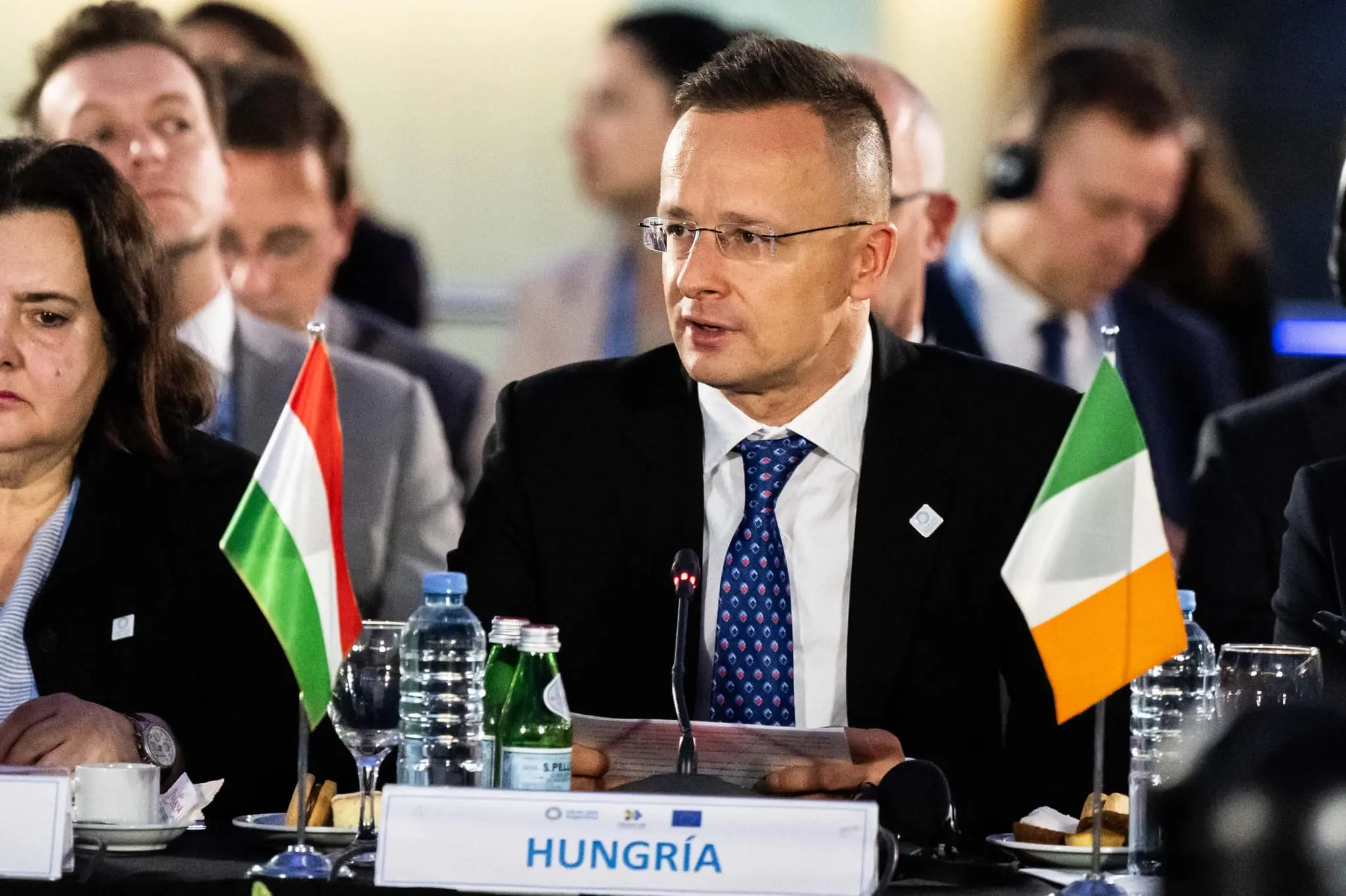FM: EU sanctions that threaten Hungarian interests are unacceptable

Hungary will not accept EU sanctions that threaten its energy security, the foreign minister said in an interview broadcast on Sunday.
Péter Szijjártó noted that the war in Ukraine has lasted for eight months so far and the European economy “is struggling”. Household income is worth less and less owing to sanctions-fuelled inflation, he added in his interview to public radio.
He said the mere mention of a new EU sanctions package had prompted another rise in gas prices on the world market. The new package, the ninth, reportedly covers nuclear power, he said, but this is a red line for Hungary, the foreign minister said.
Hungary’s sole nuclear power plant covers a third of Hungarian energy output, Szijjártó said, adding that the Paks plant’s expansion would lock in caps on household energy bills. He noted that nuclear fuel rods are supplied solely by a Russian manufacturer, and the fuel rods are a guarantee of Hungary’s energy security in the long term, he added.
The minister emphasised the importance of dialogue “between the great powers” with the aim of securing peace between Russia and Ukraine. Even during the Cold War, a third world war was prevented thanks to open communication channels between the United States and the Soviet Union, he noted. Russian-American communication channels are needed to end the war through negotiations, he said.
Source: MTI







